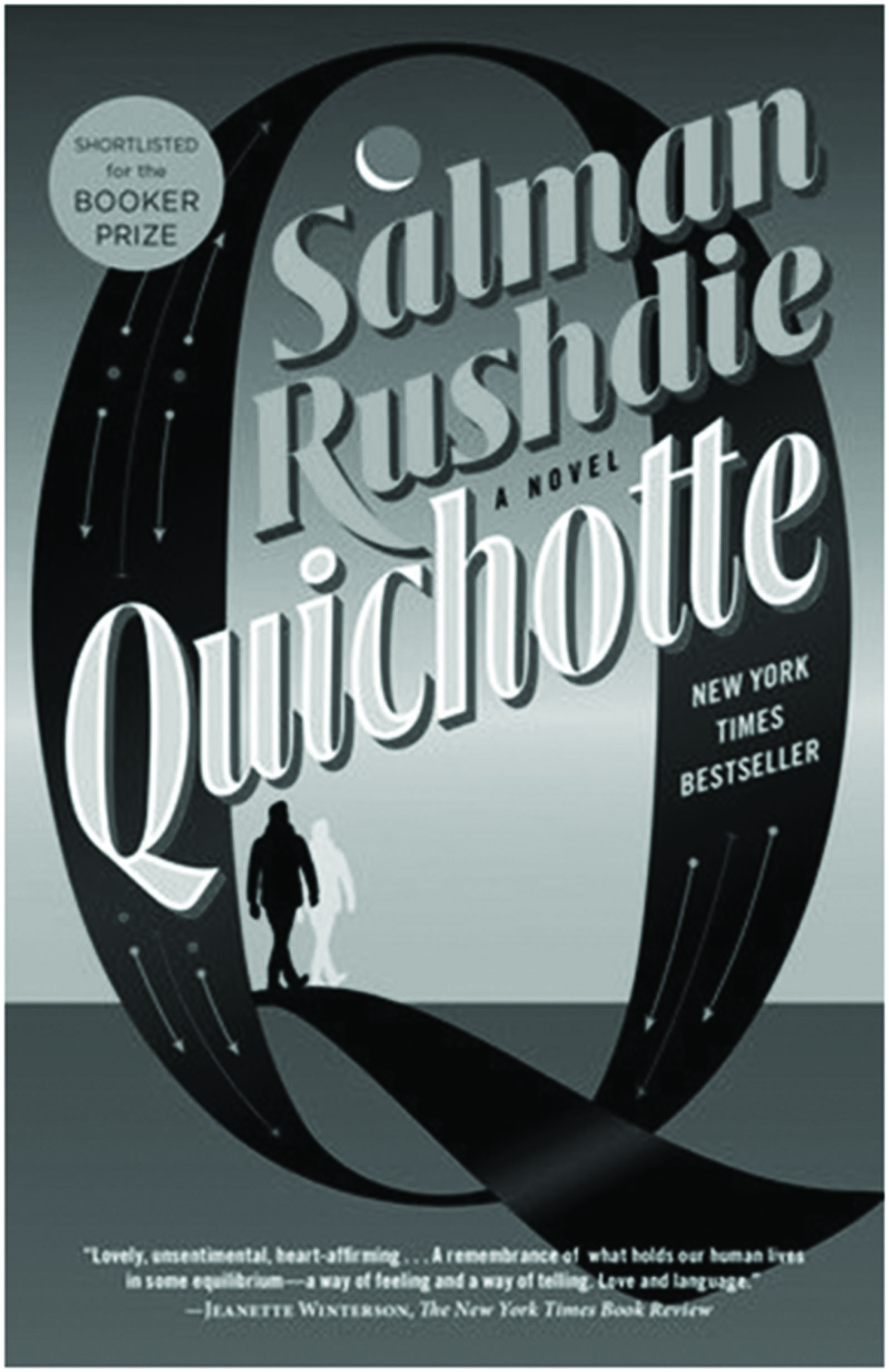Quichotte (pronounced key-shot), as the first page helpfully tells the reader, is a novel written by someone who very obviously watches a lot of TV, or so it seems. At its best the novel reflects an emergent way of thinking where there is very little differentiation between what is real and what is not. At its worst it is an exasperating text because it drags until the very last pages. But like in Cervantes’s Don Quixote, to which Salman Rushdie’s current novel is a sort of homage, the journey is the story.
Each of Rushdie’s novels inhabits specific fictional realities that often intersect with real political events that seem to affect or shape his characters. He always has intriguing and mystical women characters in his nove;s—Aurora Da Gama in The Moor’s Last Sigh, Naseem Ghani in Midnight’s Children,
Qara Köz in The Enchantress of Florence, Ayesha in The Satanic Verses, Vina Apsara in The Ground Beneath Her Feet, the ever-expanding Boonyi in Shalimar The Clown—all of whom are always portrayed as intelligent, enchanting and bewitching, but dysfunctional. For Rushdie, women’s assertion is fine but somehow it comes sprinkled with ‘cray cray’, to use a term from Quichotte.

